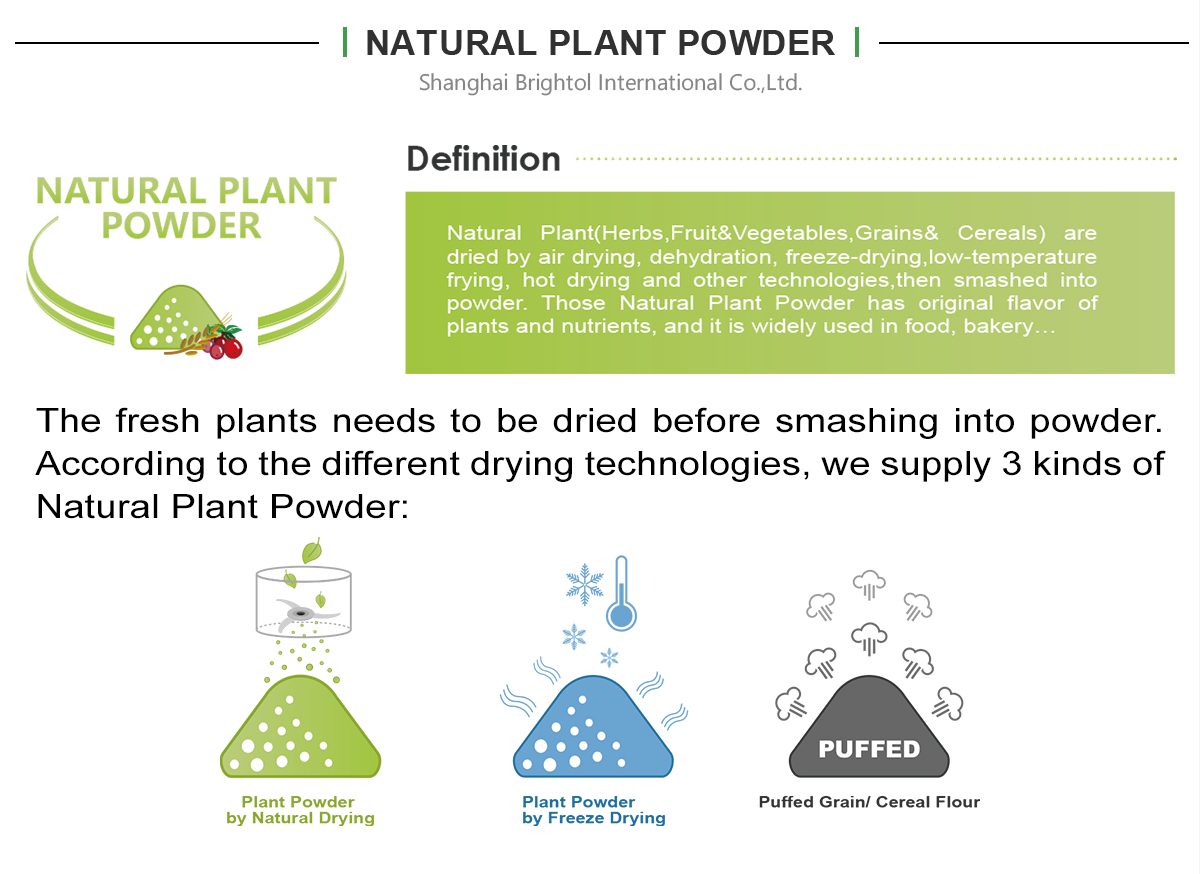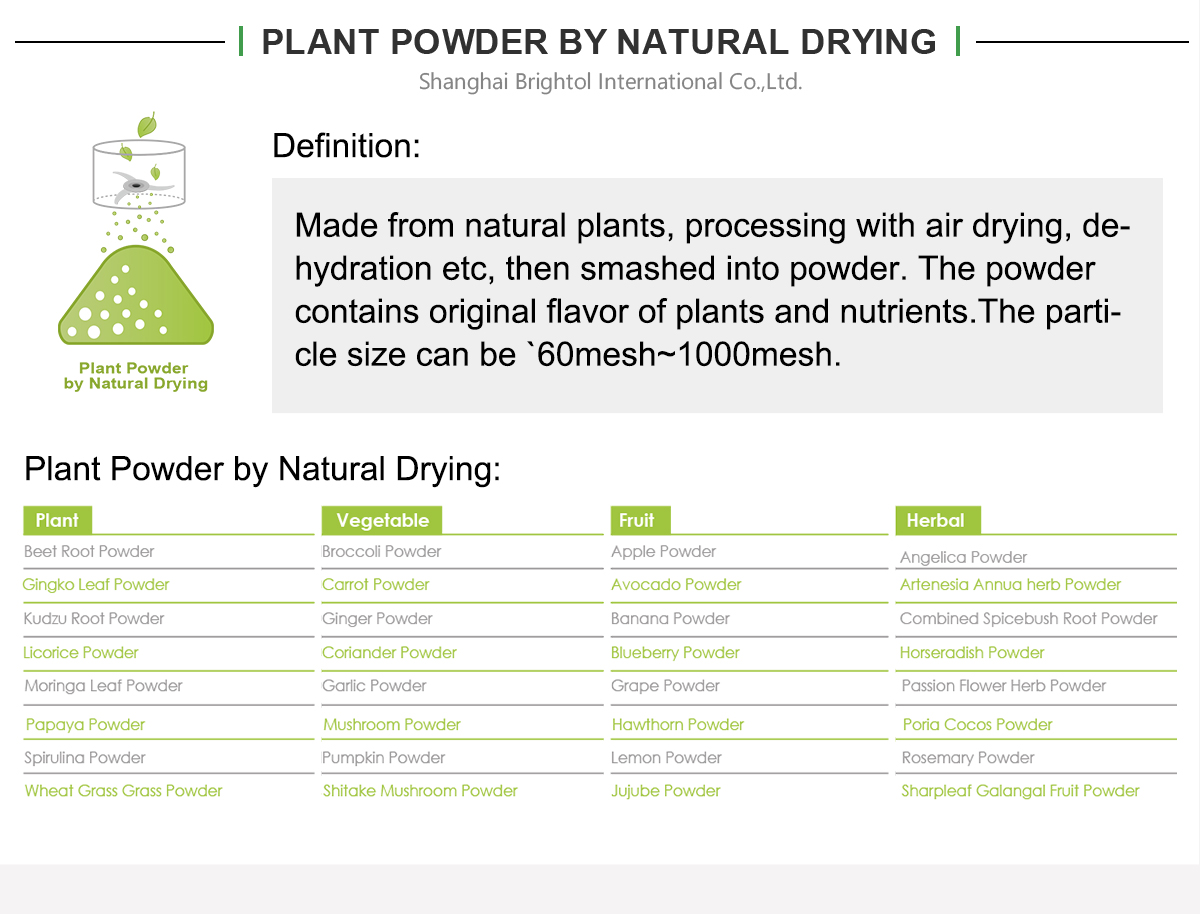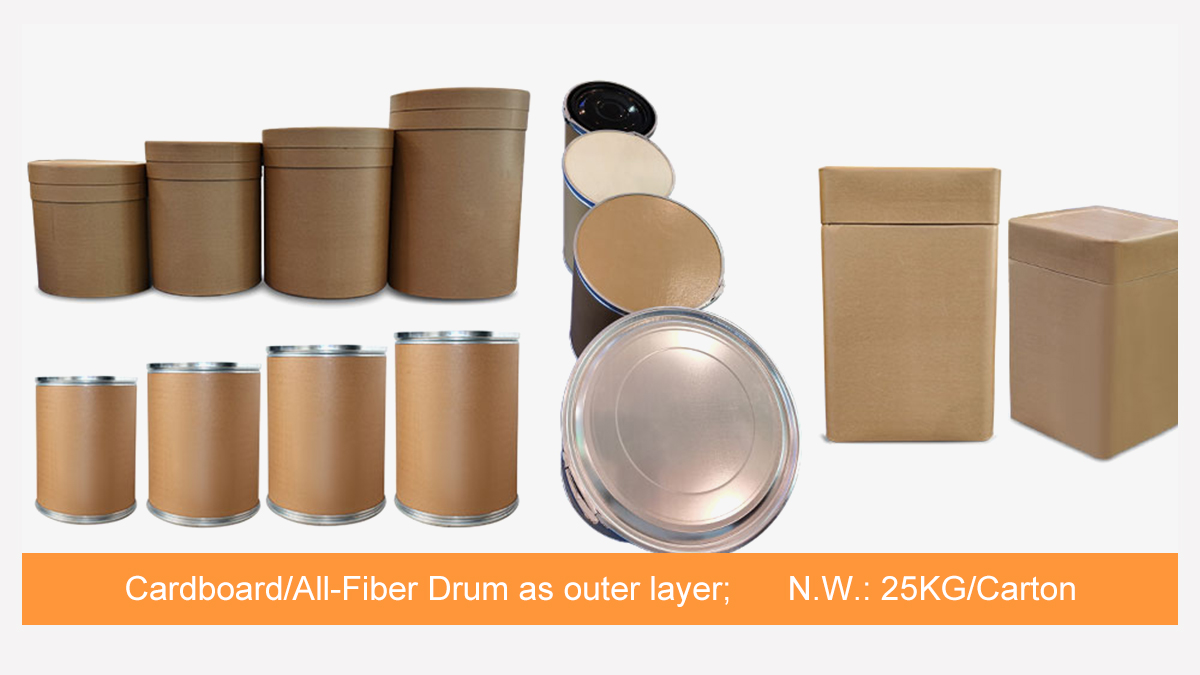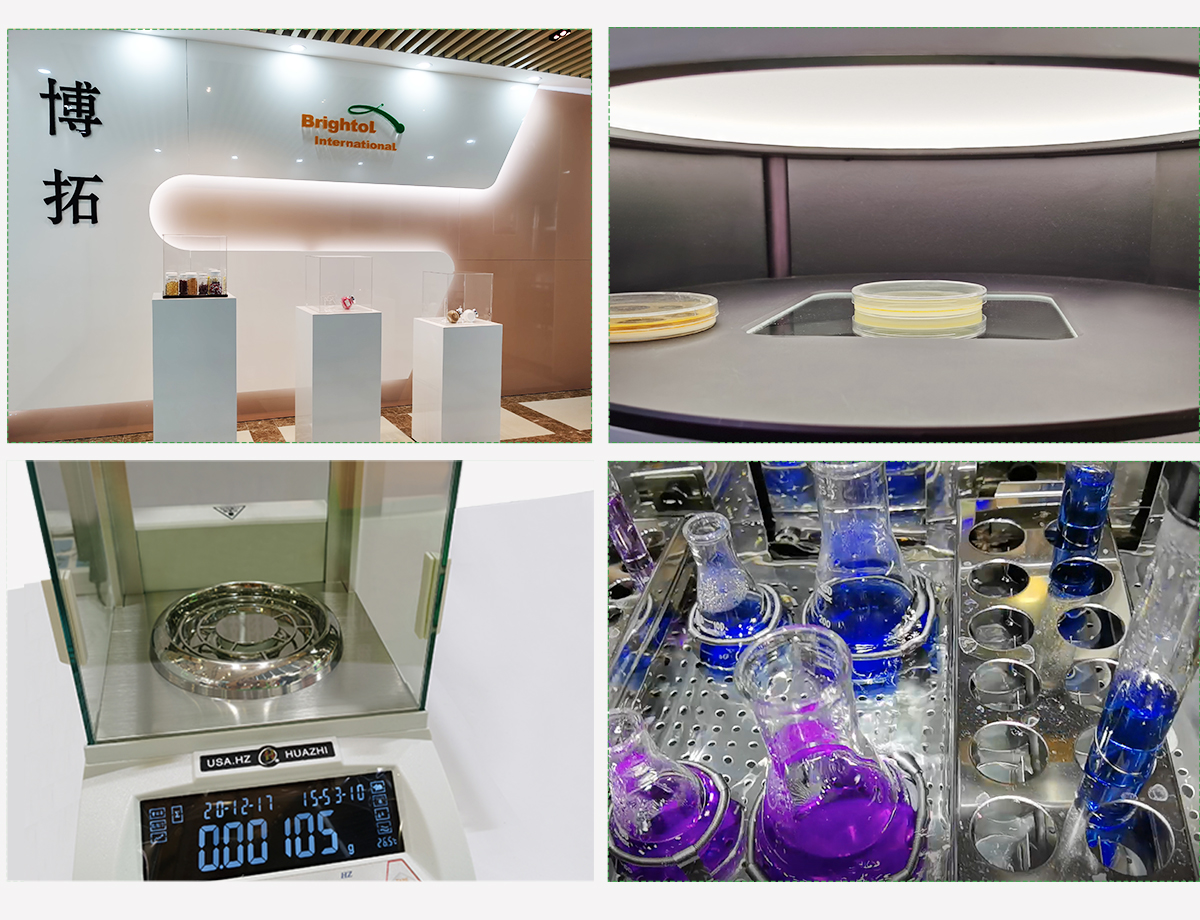

Description
Matcha is a powder that’s made of finely ground green tea leaves from the Camellia sinensis plant. Matcha is grown differently from green tea. When growing matcha, the tea plants are shade-grown for about three to four weeks before harvest. This process causes the plants to produce more caffeine and theanine, which results in matcha’s unique nutrient composition.
Matcha is typically stronger than regular green tea since it contains the whole tea leaf. You can use matcha in teas, lattes, smoothies, and even baked goods.
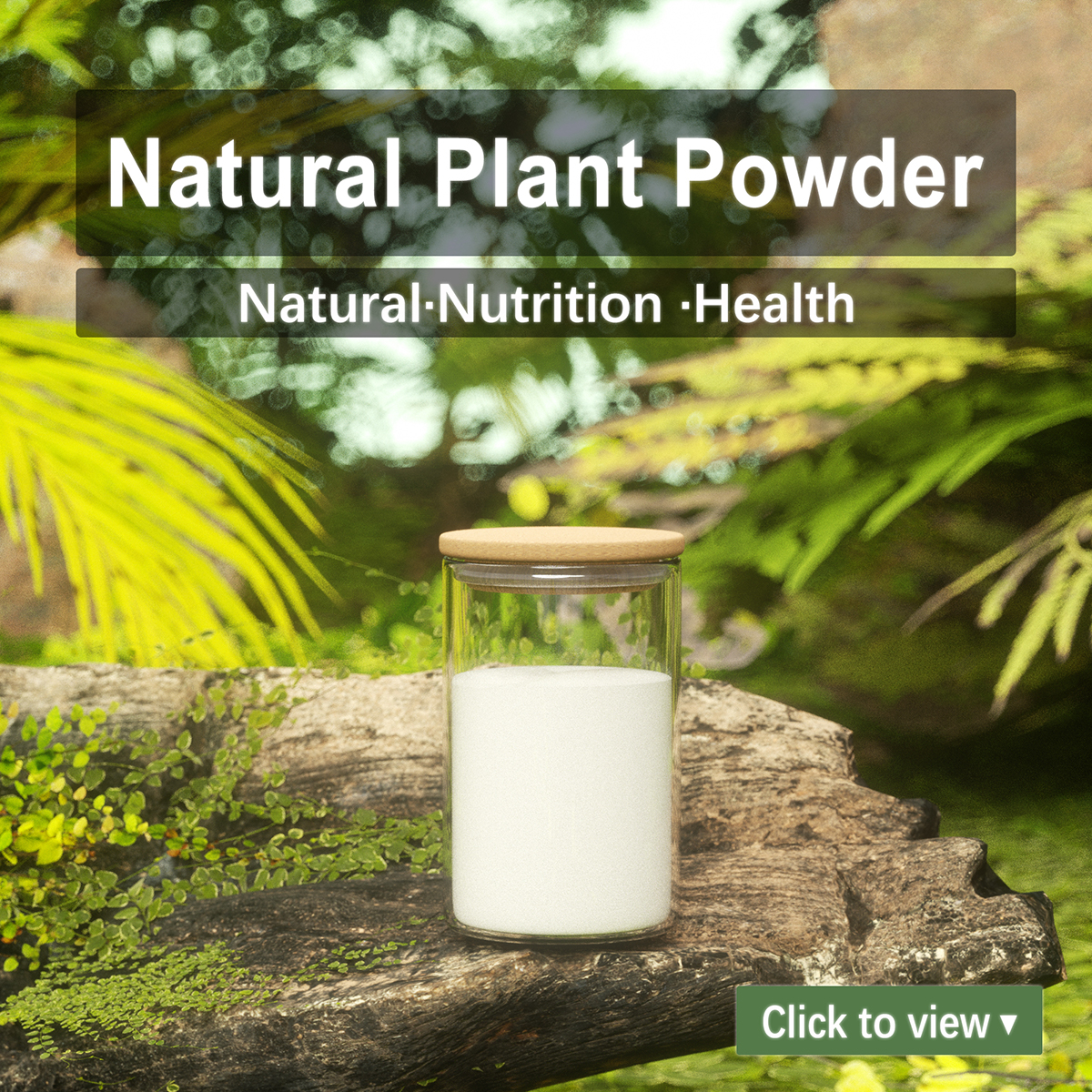
 Description
Description
Matcha is a powder that’s made of finely ground green tea leaves from the Camellia sinensis plant. Matcha is grown differently from green tea. When growing matcha, the tea plants are shade-grown for about three to four weeks before harvest. This process causes the plants to produce more caffeine and theanine, which results in matcha’s unique nutrient composition.
Matcha is typically stronger than regular green tea since it contains the whole tea leaf. You can use matcha in teas, lattes, smoothies, and even baked goods.
Health Benefits
Matcha is rich in caffeine and amino acids. Like green tea, matcha has a high concentration of antioxidants, including catechins, which may help prevent cell damage and lower your risk of chronic diseases. Some studies also suggest that the catechins and caffeine found in matcha may have a mild beneficial impact in weight loss and management.
In addition, matcha can provide other health benefits like:
1. Heart Health
The catechins in matcha and green tea may decrease oxidative stress — an imbalance between free radicals and antioxidants in the body — and prevent inflammation. They’ve also shown multiple cardiovascular benefits, such as lowering the risk of atherosclerosis, hypertension, and congestive heart failure.Matcha can also help lower triglycerides and levels of LDL (“bad”) and total cholesterol.
2. Improved Cognitive Performance
Matcha may provide a temporary boost to your brain. One study found that participants who either ate or drank matcha showed slightly faster speed of attention and some improvement in memory compared to the control group.
More research is needed to understand the full impact matcha may have on cognitive functioning. However, scientists believe it’s the caffeine that could help with attention, concentration, and memory.
3. Liver Health
Green tea and matcha show some promise in reducing the risk of liver disease and preventing liver damage. A meta-analysis found that individuals who drank green tea had a lower risk of liver cancer. The study also found that the longer people had been drinking green tea, the lower their risk.